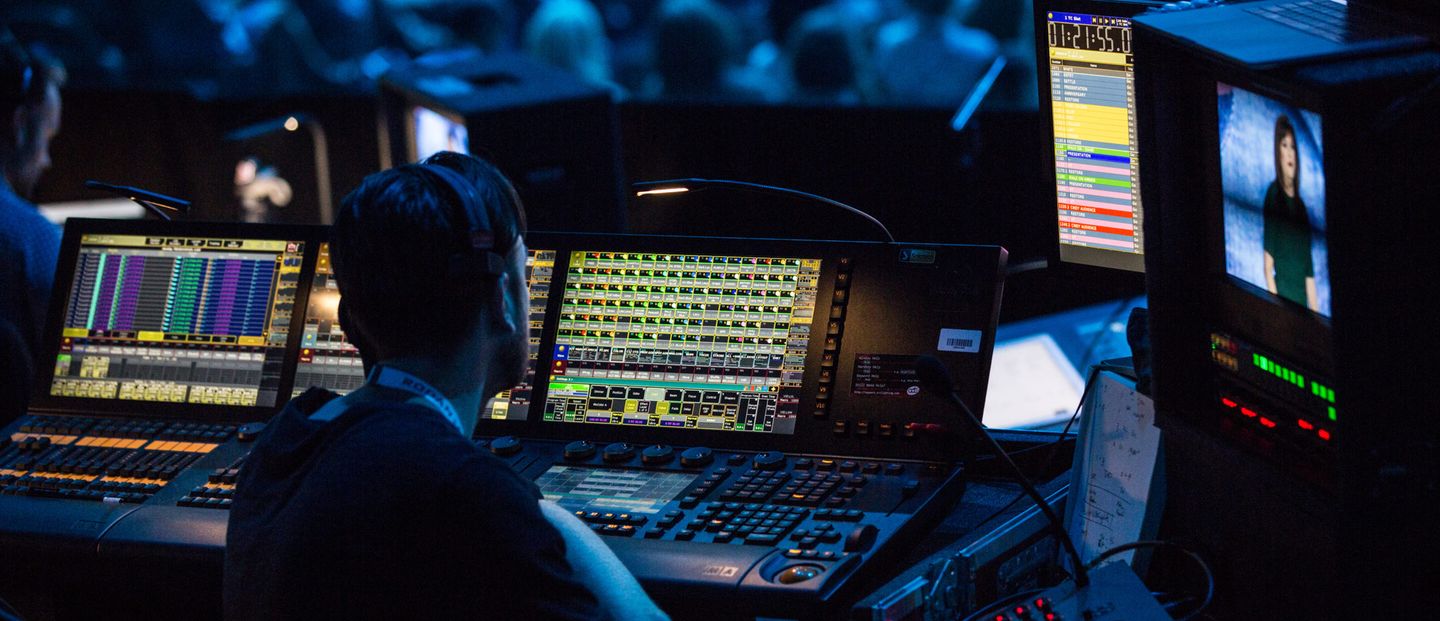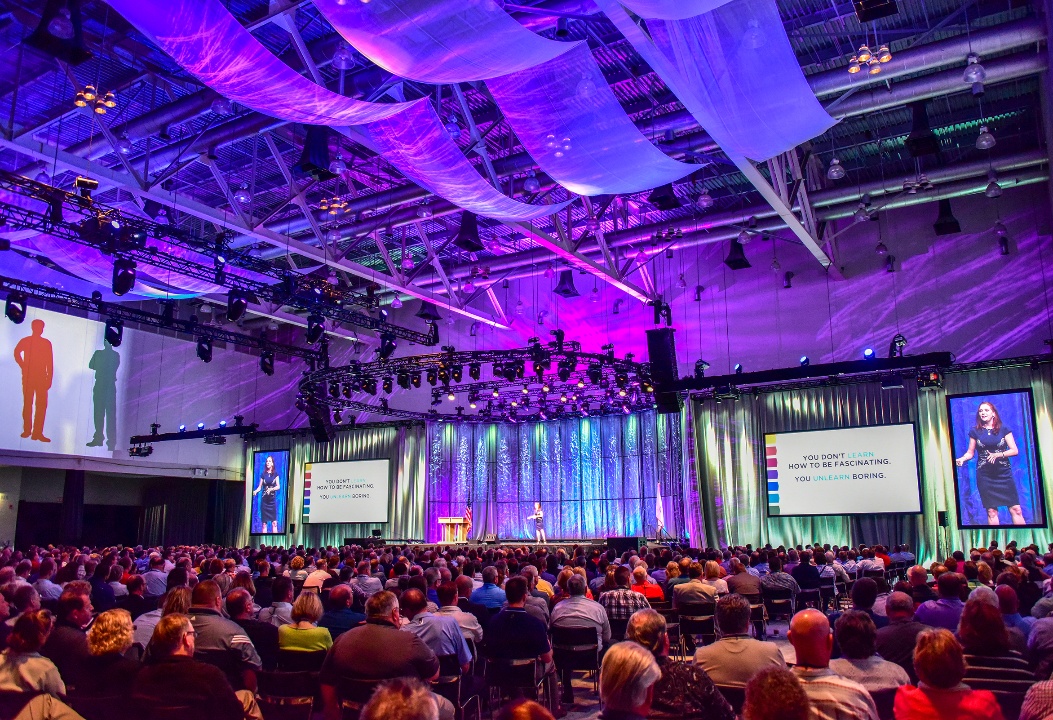Businesses looking for unique advertising turn to production companies in Charlotte NC.
Recognizing the Value of Events Management in the Production Industry
The significance of events management within the production sector can not be overemphasized, as it serves as a crucial element in linking the space in between imaginative vision and reliable execution. By highlighting logistical coordination, budget adherence, and stakeholder interaction, effective events can elevate brand interaction and operational efficiency.
Role of Occasions Monitoring
Occasions administration plays a critical duty in the production industry, working as the bridge between creative concepts and substantial end results. It incorporates a broad range of responsibilities, consisting of planning, implementing, and examining different events, which are necessary for showcasing manufacturings, engaging audiences, and fostering cooperation amongst stakeholders.
Among the important functions of occasions management is logistical control. This involves securing places, arranging equipment, and handling timelines to make certain that every detail lines up with the overarching vision of the manufacturing. Furthermore, events managers are entrusted with budgeting and resource allocation, which requires a keen understanding of monetary restraints and the capability to make best use of value.
Furthermore, efficient interaction and stakeholder management are crucial parts of events management. Experts in this area must communicate with a diverse set of people, including artists, sponsors, and suppliers, to develop a natural experience. They likewise play a crucial function in advertising and marketing and promotion, utilizing numerous channels to produce passion and participation.

Benefits for Manufacturing Business
An effective occasions administration method can produce substantial advantages for manufacturing firms, enhancing their overall operational efficiency and market presence. By enhancing the planning and execution of events, manufacturing business can allot resources more efficiently, decreasing costs connected with mismanagement or last-minute adjustments. This performance not just saves money but also permits groups to focus on their core competencies, inevitably bring about higher-quality outputs.
Furthermore, well-executed events can function as powerful advertising devices, enhancing brand name exposure and promoting more powerful partnerships with customers, stakeholders, and the public. Engaging events create chances for networking and partnership, which can result in new collaborations or tasks that intensify a business's reach within the industry.
Additionally, events can offer useful insights through target market comments and interaction metrics, allowing manufacturing companies to improve their approaches and offerings. This data-driven strategy can cause more targeted marketing efforts and enhanced consumer satisfaction.
Secret Elements of Effective Events
Effective occasions pivot on several key aspects that add to their general impact and performance. Clear goals are crucial; understanding the objective of the event enables for focused preparation and execution. This includes identifying the target market and customizing the event's material and activities to fulfill their demands.
Furthermore, careful planning is vital. This consists of establishing a thorough timeline, appointing duties and duties, and managing budget plans properly. Attention to logistics, such as from this source venue option, tools rentals, and providing services, can not be neglected, as they directly influence the occasion's success.
Another vital element is efficient communication. This encompasses not just interior control among team participants yet also exterior messaging to stakeholders and attendees, making certain every person is educated and engaged.
Obstacles in Event Control
Collaborating an event provides an one-of-a-kind set of challenges that can affect its total success. Events typically have limited timetables, and any type of delay can lead to a plunging impact on subsequent tasks, lessening the experience for guests.

Budget restraints also posture a considerable difficulty. Event coordinators need to browse monetary limitations while striving to meet the assumptions of stakeholders, which often necessitates imaginative remedies to take full advantage of sources. Stakeholder management can be especially intricate, as varying passions amongst enrollers, suppliers, and clients should be harmonized to accomplish a natural vision.

Future Fads in Occasions Administration
Progressively, the occasions management industry is accepting technological developments that are reshaping the way occasions are intended and implemented. One significant fad is the increase of digital and hybrid events, which use greater ease of access and adaptability for attendees (production companies in charlotte nc). This change permits organizers to reach bigger target markets while decreasing logistical costs connected with conventional in-person gatherings
Another trend is the assimilation of data analytics devices to enhance occasion experiences. By accumulating and assessing guest information, event managers can tailor experiences to much better meet audience choices and boost involvement. This data-driven More Bonuses strategy not only boosts individual contentment yet also supplies important understandings for future occasions.
Sustainability is additionally becoming a prime focus in occasions administration, with business prioritizing environmentally friendly methods such as decreasing waste and carbon footprints. This pattern straightens with broader social shifts towards ecological awareness, appealing to a market progressively worried regarding sustainability.
Finally, the use of immersive technologies, such as increased truth (AR) and virtual fact (VIRTUAL REALITY), is readied to revolutionize occasion experiences, creating appealing and interactive atmospheres that leave lasting perceptions on guests. As these patterns remain to evolve, they will most certainly shape the future landscape of events monitoring in the production sector.
Conclusion
In verdict, reliable events management is important for the production industry, bridging the gap in between innovative ideas and their implementation. By enhancing logistical sychronisation, enhancing source allotment, and fostering find more info stakeholder communication, events monitoring adds substantially to operational performance and target market engagement. Dealing with the difficulties of sychronisation while adjusting to future fads will certainly further strengthen its role in driving effective results and enhancing customer fulfillment. Eventually, a critical technique to events administration is vital for sustained industry development.